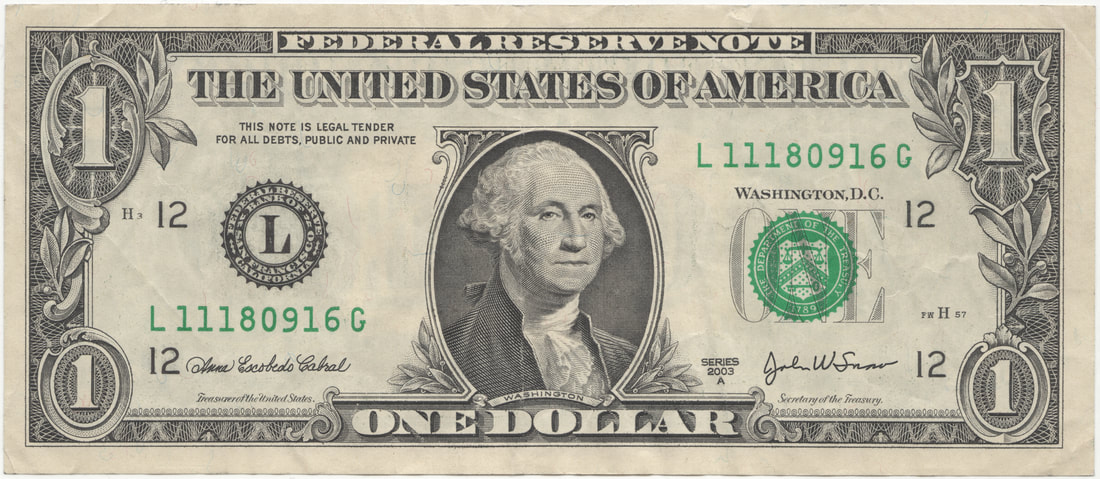|
Synopsis: The French and Indian War, as it became known in the America, launched the career of young soldier who learned many lessons during his time on the frontier. His story presents four key lessons for investors and their money. If they saddle up and don’t call in sick. “Ahem. Ah, listen, I’m not sure I can make it today.” He’d awoken and felt okay, but his stomach was a bit sour and he was pretty sure it was going to get worse. No sense in pushing it, and if he had to exaggerate a bit to get his point across, so be it. Silence. The boss wasn’t buying it. “No, I’m telling you, I’m not fit.” He coughed once or twice, but since he was complaining of dysentery wasn’t sure why. This wasn’t going well at all. “I see.” “I’m sure someone else can handle it. I mean I’m not the only one, right?” He was one of three people doing the same job, and he had just joined, so was it really that important he get up and go with them? “Mmmm…” “Besides, there is more. I have other medical issues as well.” He went on to detail them at some length. “Alright Georgie. Do as you will. We can’t expect a lad from the backwoods to pull his weight in the real army, can we? We’ll move on without you.” General Braddock, stern as ever and a proper blue blooded Englishman, stood to leave. His aide, a young Virginian planter of just twenty-three years, sighed heavily and rose, though a bit unsteadily. “I’ll mount up and ride with you, sir. It is my duty and my pleasure.” Like most twenty-somethings, he just needed a little motivation. He found it, and much more, throughout that July day in 1755, a battle with French forces near present day Pittsburgh. Complaining of dysentery, fever and riding on pillows to help the pain of hemorrhoids, he was singled out for bravery and valor in a running retreat across southern Pennsylvania and Maryland after General Braddock was mortally wounded. He would continue to gain renown in the war that engulfed the Colonies and much of Europe throughout the 1750s, though the British army would never fully accept him as anything other than a nice kid from the wrong side of the Atlantic. The conflict, known as the French and Indian War ended via the Treaty of Paris on February 10th, 1763. As a result, the British gained most of North America east of the Mississippi River, crippled the French Navy and expelled them from India, Louisiana and Canada. Not a bad decade’s work in the grand scheme of the empire. However, it was a lot to consume and like a bad pudding, it would later give the British people a considerable bout of indigestion. Nearly broke, government ministers attempted to raise revenues from the Colonies leading to disenchantment and a desire to throw away perfectly good tea in protest of taxes and tariffs. Meanwhile, the French seethed and decided to retaliate by backing the nascent independence movement championed by a military veteran who was denied a commission in the British army. But by then no one was calling him Georgie. They called him General Washington. This President’s Day week, here are a few points for those looking to invest their dollars wisely, from the life of the man whose picture now graces them:
Photo: Bing.com Images- Free to Share & Use
Links to Sources:
0 Comments
|
Don't wait for history to happen...Archives
November 2020
Categories
All
|

 RSS Feed
RSS Feed